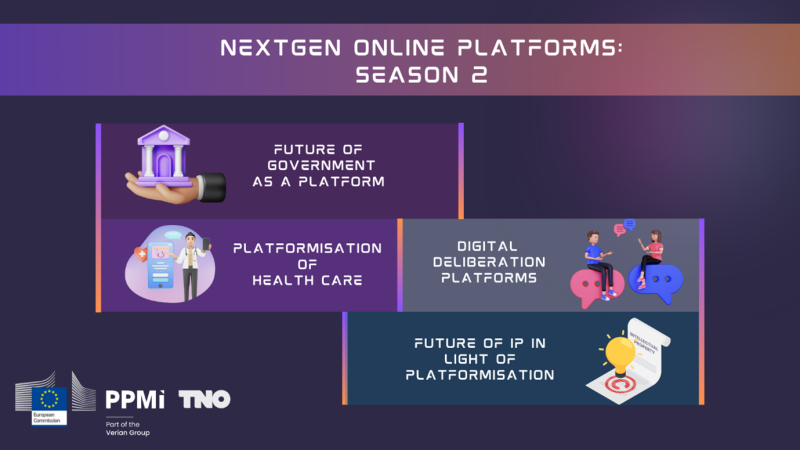Although the agri-food sector contributes to a rather small share of the EU’s GDP, its development remains fundamental in facing the challenges of food security in the upcoming years. These challenges concern productivity, regional disparities, climate change and, more recently, Russia’s brutal assault on Ukraine – a key exporter of agricultural products. Innovation in the agri-food sector and its value chains, are also essential for achieving the sustainable development goals (SDGs), as set out in the United Nations’ 2030 Agenda for Sustainable Development.
Agrifood sector has attracted focus through the Smart Specialisation Strategies (S3) aimed at facilitating the modernization of economies in the EU, as well as candidate countries. While undergoing the smart specialisation process, Western Balkan economies are preparing for the entry into the EU and the single market. In this process, the European Commission has identified the need to increase the level of SME innovation and competitiveness through higher level of connectedness between skills and innovation actors, and relevant partnerships. The agri-food sector, meanwhile, is one of the priority areas in the region, recognised both by the JRC of the European Commission and nationally.
This sets the context for a new study to be carried out by PPMI for the ETF – an analysis to identify the current and emerging technological changes and skills needs in specific niches of the agri-food sector in the six Western Balkan economies. More specifically, the research team will focus on the skills supply and demand in three areas within the agrifood value chains: digitalization of agriculture and food processing; development of biochemical and microbial products for agriculture and food processing; as well as the production of organic and functional foods. To understand the skills needs of companies operating in these niches and the existing supply, the research team will carry out desk research, analysis of available statistics and an extensive interview programme in Albania, Bosnia and Herzegovina, Kosovo, Montenegro, North Macedonia and Serbia. The results will feed into the ETF’s foresight exercise and stakeholder engagement activities, based on their methodology for “Skills for Smart Specialisation”.






